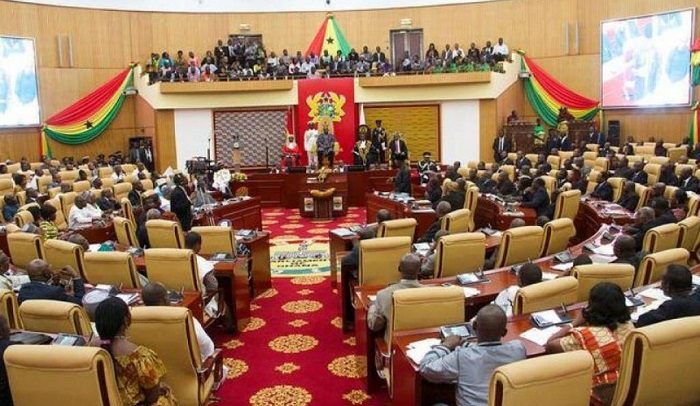In the summer season of June 1859, a seasoned French acrobat, Jean Francois Gravelet-Blondin (“Great Blondin”) crossed the Niagara River on tightrope nine times, culminating with the most spectacular performance of the season: he carried his manager Harry Colcord on his back to cross the river (reported by “Akron Beacon Journal” in September 1859).
Blondin is counted among tightrope walkers in history known as “Niagara Daredevils” for their tremendously amazing feats. They include Maria Spelterina (1876), James Hardy (1896), Anne Edson Taylor (1901) and Nick Wallenda, who successfully crossed from Niagara Falls to Canada in 25 minutes on June 15, 2012, before a live television audience of 13 million.
Tightrope is a rope stretched taut on which acrobats walk or perform balancing acts. One could imagine the local scenario where an individual would dare to cross the Volta River, for example, on a strong rope stretched across the river at Atimpoku from a point in the southern bank to another in the northern bank. Certainly, by simple comparison, crossing Niagara Falls (170 feet high) was no mean an achievement by the “Niagara daredevils”.
Members of the Eight Parliament are by no means in the class of “Niagara daredevils” but for now will have to seriously prepare themselves (or be compelled) to walk a political tightrope in the performance of their parliamentary duties during their four-year tenure. They will be expected, among other things, to practically demonstrate a sense of balance, equipoise, focus, courage, determination and above all integrity.
Their primary focus, as the citizens expect them to have, should obviously be the national and not the parochial personal or party interests. This will require them to fall on generous doses of mutual respect, accommodation of divergent views, flexibility, tolerance and consensus building spirit. These may appear idealistic or difficult to achieve, but honourable members could do well to cultivate or reinforce certain positive attitudes and best practices that have worked in other jurisdictions.
The pursuit of national interests may translate into the minimisation of walk-outs and limited use of other “weapons” that parliamentarians have the tendency to resort to in registering their protests or disagreement over crucial issues that arise in the course of their deliberations. Fortunately, for the first time in the Fourth Republic, there is no clear-cut majority or minority caucus. At best a very slim majority is expected and this provides fertile grounds for dialogue and consensus-building instead of holding on to the divisive mantra that “the minority can have their say, but the majority can have its way.”
If honourable members could seriously commit themselves to the business of Parliament by regularly and punctually attending sessions and meetings, adopt a serious positive attitude towards their work, walking the political tightrope could turn out to be a more fulfilling and fruitful instead of a frightening and frustrating experience.
To successfully walk the political tightrope, parliamentarians must be able to establish research bureaux to enable them obtain relevant, reliable, verifiable facts and figures that will support their submissions and contributions to the House. The researchers should be tasked to provide strong database and other information which can enhance the effectiveness and efficiency of Members of Parliament with particular reference to constituency and national issues. In this regard, MPs must be adequately resourced by the state to facilitate data collection, analysis and dissemination of information. Such a policy will enrich the quality of debates and submissions in the House.
Above all, the observance of parliamentary rules and codes of conduct enshrined in both the 1992 Constitution and the Standing Orders cannot be over emphasised. Parliament is the soul of the Legislature and cannot afford to lose the honour and respect it deserves if it should trample underfoot the very instruments that constitute the strength of its power, respect and relevance.
It must not be lost on honourable members that citizens have high expectations on their ability to deliver on their campaign promises. Voters in particular are waiting and watching their performance so they must not do anything to compromise the trust reposed in them. A word to the wise…
Joseph Amuah
joeamuah@yahoo.com


